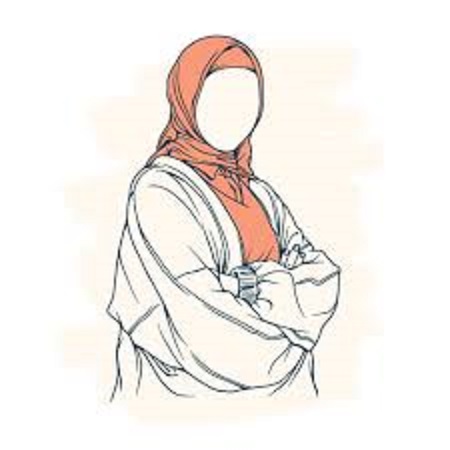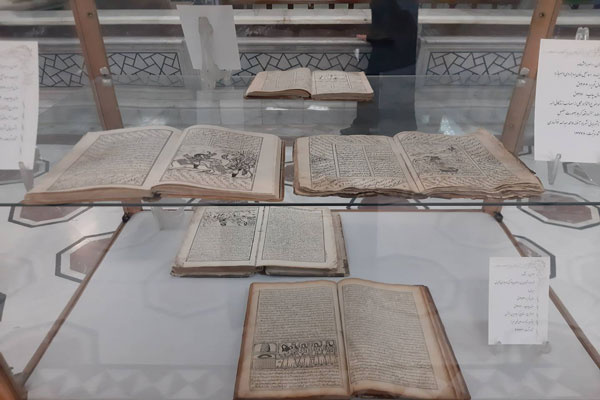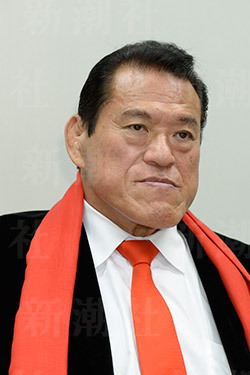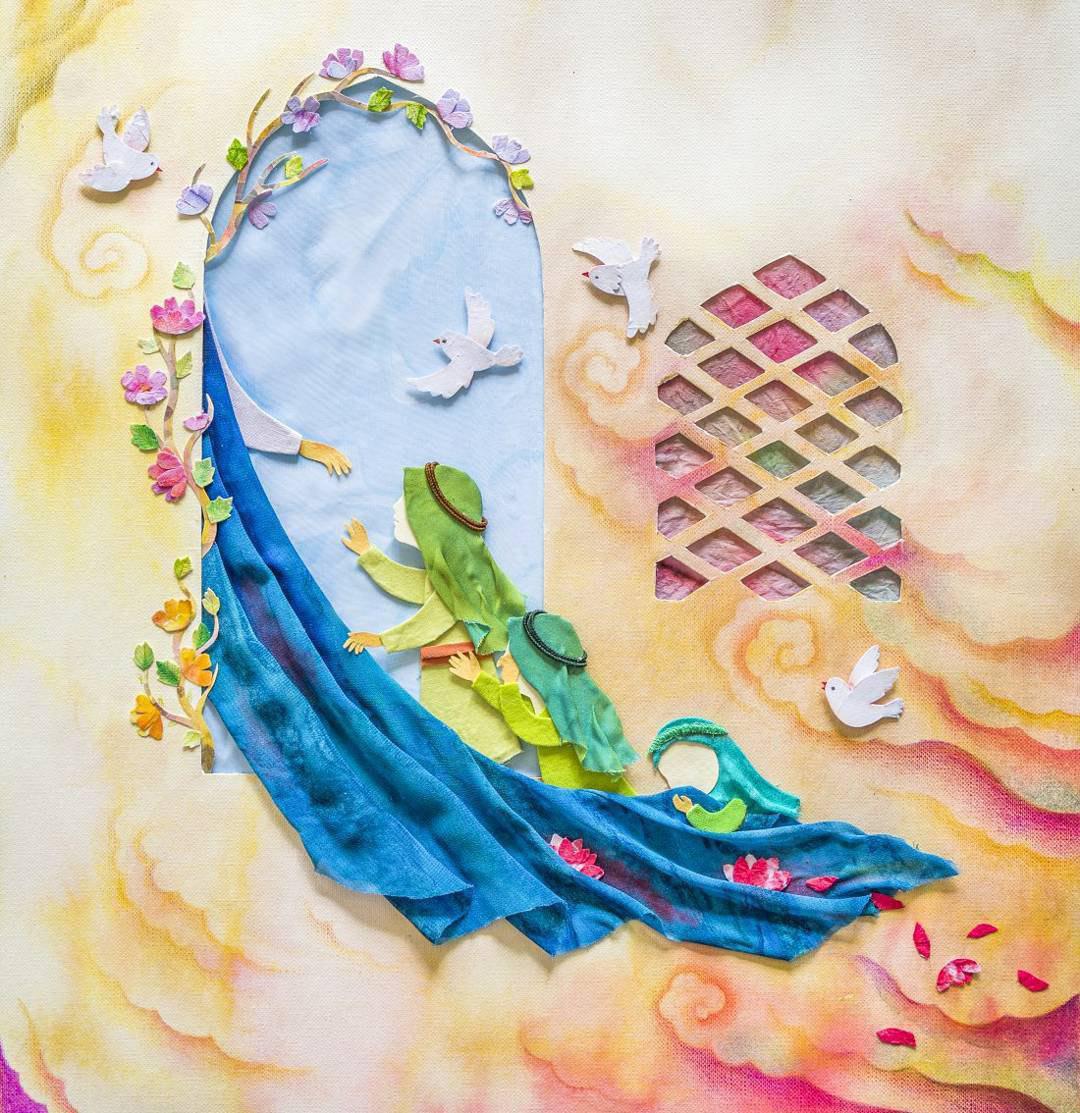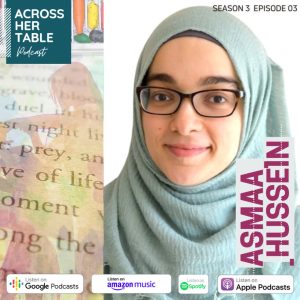According to rahyafte (the missionaries and converts website):quoting Iqna and Al-Youm Al-Sabee news agencis, the region of Catalonia in Spain has decided to teach Islam in public schools of the region. This decision has been made with the arrival of the new school year.
The Department of Education of Catalonia in Spain has approved a pilot project to include Islam in the religious teachings of the public schools. This project will be piloted in the provinces of Barcelona, Lerida, Girona and Tarragona in the 2020-2021 academic year. The teaching of Islam in the schools of Catalonia has the objective to validate the context of diversity in society and adapt the society to the culture of the Muslim families in Spain.
Catalonia is a Spanish autonomous region located at the northeastern end of the Iberian Peninsula. The capital of the region and its largest city is Barcelona, the second most populated city in Spain. It is bounded on the north by France, on the east by the Mediterranean Sea, on the west by the independent communities of Aragon, and on the south by the autonomous region of Valencia.
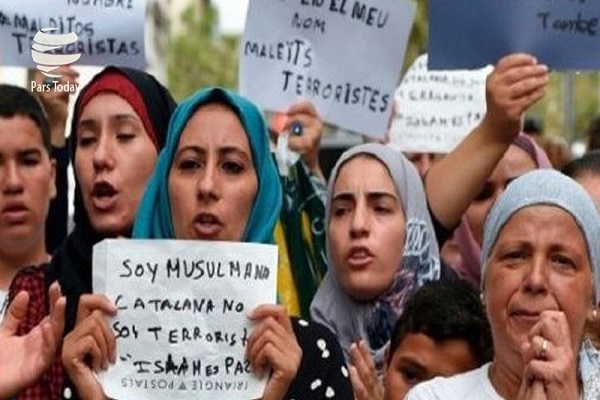
The region of Catalonia is one of the regions of Spain that witnessed the presence of Muslims during the flourishing of Islamic civilization in Andalusia. At that time, Spain was not essentially part of Andalusia, which is now called the province of Andalusia. Spain became part of Islamic Andalusia after the Moros (Spanish Muslims of Arab-Spanish-Berber descent) took control of it in 718 AD.
The Moros people were originally residents of the Roman province of Mauritania, which includes northwestern Algeria and northern Maghreb. They invaded the Iberian Peninsula in the eighth century AH. Following the establishment of the Umayyad caliphates and Marabouts (A marabout is a Muslim religious leader and teacher in West Africa, and in the Maghreb.), the Moros established the largest Arab-Andalusian civilization in cities such as Cordoba, Toledo, Granada and Sebia.
The area was under Islamic ruling until 760, when the Franks came from the French territories and gradually began to occupy it, until in 801 they took full control of the area.
The Islamic period lasted for only 90 years approximately in the region of Catalonia. This period of time was one of the times of weakness of the Umayyad emirate in Andalusia. After that era, Barcelona became among one of the Spanish kingdoms which was called the Christian state of Aragon. This state demanded the return of Andalusia from the Muslims.
Islamic immigration became an important phenomenon in Catalonia in the 1980s, when there was an urgent need for agricultural labor in the region’s rich vineyards and other agricultural enterprises.
Catalonia is one of the few regions in Spain that no longer has an Islamic cultural heritage, whether in the form of architectural monuments or Arabic words in the Catalan language.
Catalonia has more Islamic centers and organizations than any other region in the country, and according to 2016 statistics, there are 256 mosques in Catalonia. Almost all of these mosques are Sunni and only one mosque represents Shia Islam. There are also six Sufi centers.
Barcelona – the capital of Catalonia – has the largest number of mosques, which is 24 mosques. Other smaller cities exist which have more than one mosque. There are eight mosques in Santa Coloma, seven mosques on the Terrassa, five mosques in Sabadell, four mosques in Badalona and four mosques in Marturii.
Despite this number of mosques, the region of Catalonia does not have a large mosque for prayers and the capacity of accommodation of each mosque is between 20 to 30 worshipers or less.
As of 2014, there are five Muslim organizations in Catalonia: the Islamic Union of Catalonia, the Federal Islamic Council of Catalonia, the Federation of Islamic Communities in Catalonia, the Association of Islamic Cultural Centers in Catalonia, and a comprehensive organization called the General Council.
According to the latest statistics, 515,000 Muslims live in Catalonia. This number represents 6.8% of the total population of the region.






